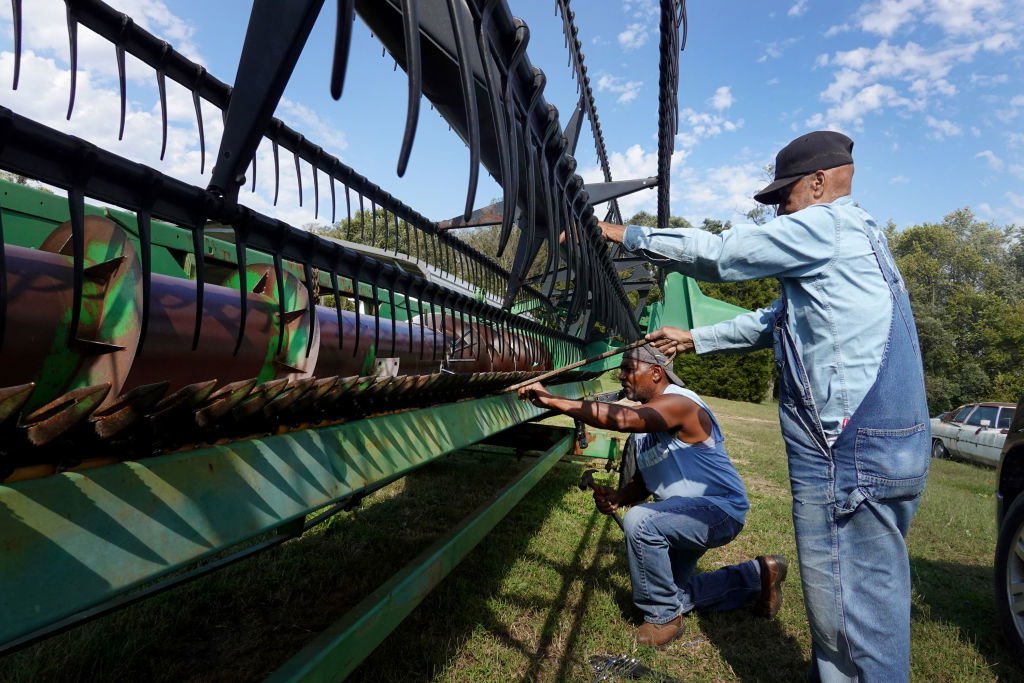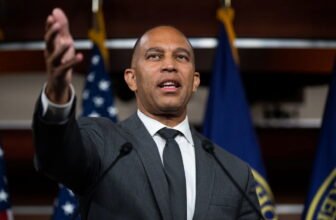
July 31, 2025
Study finds rural residents participate in the informal economy more often, relying on cash jobs to bridge economic gaps.
Rural Americans are more likely to participate in the informal economy, study shows
There is a dentist in Mitchell County, North Carolina, who often gets paid in art. Artists who don’t have health insurance will offer something like a painting or a sculpture in exchange for dental work. Mitchell County is home to the world-renowned Penland School of Craft and is full of artists, The Daily Yonder reports.
Exchanging art for healthcare is an example of what sociologists refer to as the informal economy, or work that lies outside the scope of government regulation. Examples such as bartering, under-the-table payments, or mowing a neighbor’s lawn in exchange for fresh produce illustrate the types of transactions that can occur in the informal economy.
The formal economy, on the other hand, refers to methods of employment that fall under the government’s purview, labor that is taxable and regulated by governmental agencies, in other words.
Rural Americans are more likely to participate in the informal economy compared to their urban counterparts, according to a 2019 study published in “Rural and Small-Town America”, a new book written by rural sociologists Tim Slack and Shannon M. Monnat.
“People have been paying attention to rising economic precarity for a growing portion of people,” said Slack, a sociology professor at Louisiana State University. “A lot of people are looking for compliments or substitutes for formal sector opportunities.”
Historically, economic theorists have asserted that as monetary systems develop, the formal economy experiences corresponding growth, and reliance on the informal economy declines, according to Slack. But a recent body of research shows that the informal economy is still thriving as people continue to rely on bartering or “under the table” transactions to supplement their incomes in the formal sector.
In “Rural and Small-Town America,” Slack and Monnat cite a 2019 survey of 1,837 respondents that demonstrates the different ways that Americans participate in the informal economy.

“We get paid in different ways: 20 bucks, a bag of tomatoes, it just depends,” said a respondent in the study. “Like the guy I clean house for, he takes me to work in the winter. He’s got a four-wheel drive truck. So that’s how I get paid there. We often get paid with things. And a lot of the time, when we do things for people around here, it’s in exchange for another job. Like [my husband], he just finished painting a house. Well, he’s getting paid in two truckloads of stone for our road out there. That’s a hell of a lot of money we saved [on that gravel].”
The most popular type of work that takes place in the informal economy among all respondents was growing food. Seventy-two percent of the rural respondents said they grew or produced at least some of their food, compared to 66% of metropolitan respondents.
The second most popular type of activity in the informal economy was home repair or improvement, with 33% of rural respondents reporting participation in home repairs and 25% of metropolitan respondents doing the same.
In the informal economy, the type of work with the most significant gap between rural and urban respondents was hunting and fishing. While 27% of rural respondents reported hunting, fishing, or gathering from the land, only 13% of urban respondents did so.
“People’s ties to other folks can both facilitate economic action and give us economic opportunities,” said Slack.
In the informal economy, personal relationships carry a heavier weight since the government doesn’t regulate the employee/employer relationship, according to Slack. If someone violates social norms of reciprocity, others in the community will often exclude them from participating in the informal economy as a consequence. This dynamic is particularly powerful in smaller communities, where social ties are typically denser, Slack said.
“In rural and small town areas, you tend to have less anonymity and a greater density of networks and acquaintanceships,” Slack said. “In a small town, you either know people directly, or you know them through the people they know. And it’s exactly those kinds of things that facilitate the ability to engage in informal work together.”
This story was produced by The Daily Yonder and reviewed and distributed by Stacker.
RELATED CONTENT: 12 Bangers: Your Ultimate Playlist For Caribbean Heritage Month






